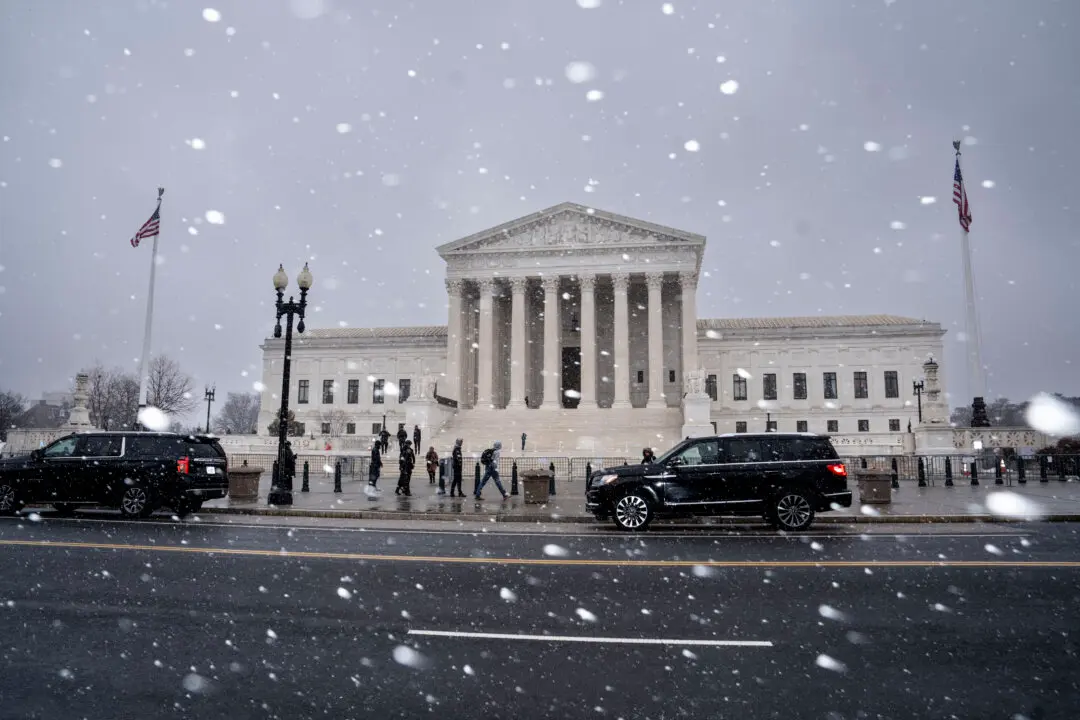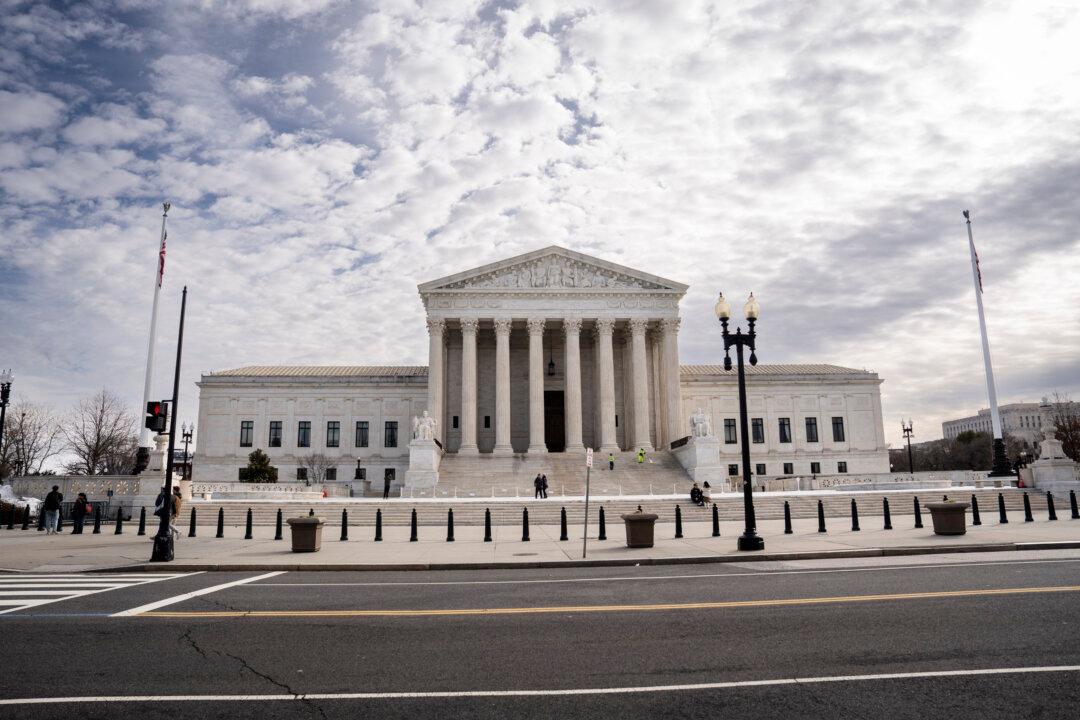The Supreme Court issued a procedural ruling late Dec. 16 that will prolong the ongoing litigation over the Texas “heartbeat” law that bans abortions after six weeks of gestation and crowdsources enforcement to members of the public.
The brief order, signed by Justice Neil Gorsuch, sends the case to the New Orleans-based U.S. Court of Appeals for the 5th Circuit–which is perceived as a conservative appellate court—as Texas officials had requested. The high court refused to stay the Texas law.





